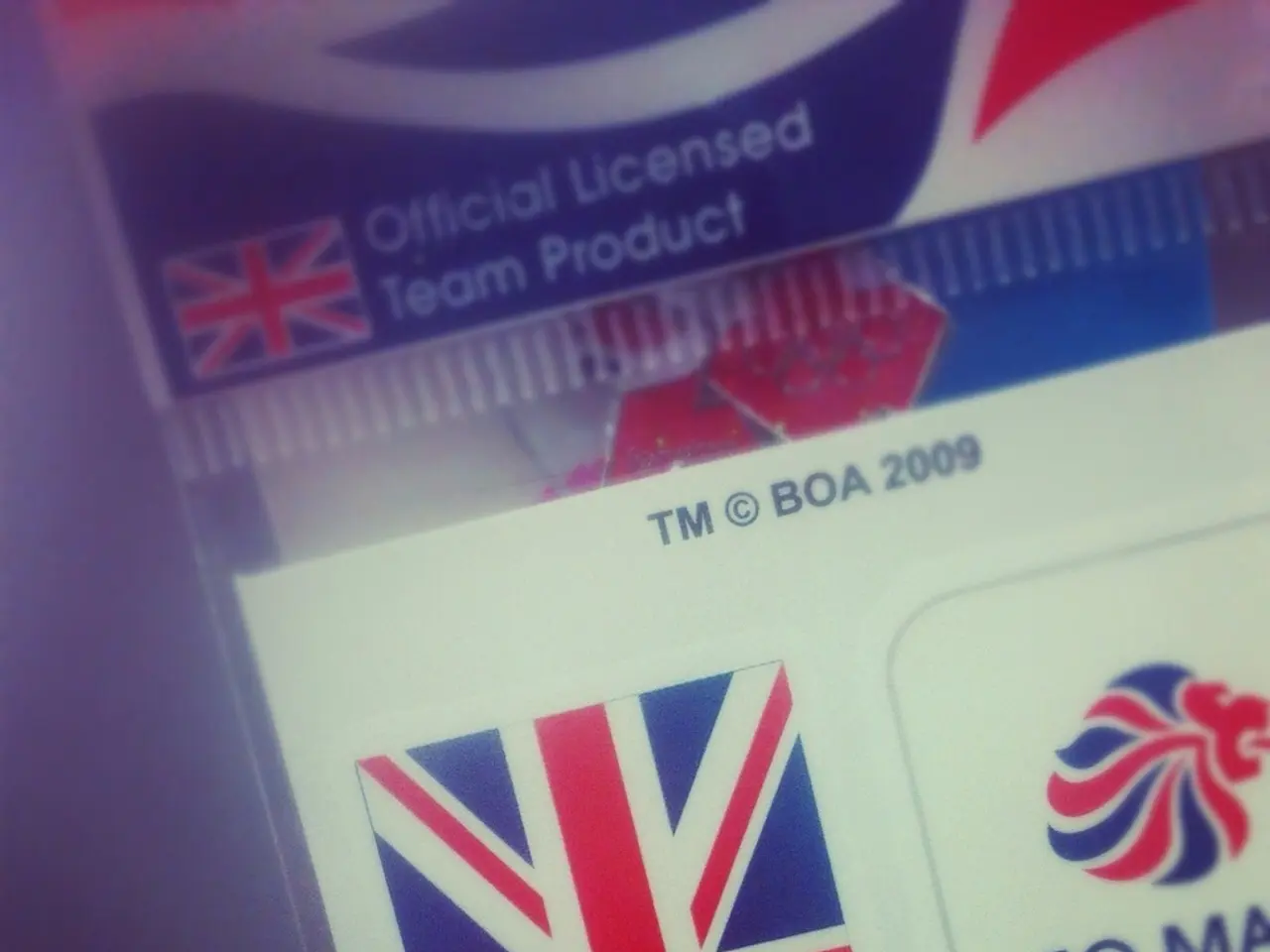Internal Training Program for ISO Auditors
Are you interested in understanding and implementing ISO standards effectively within your organization? Look no further than ISO Internal Auditor Training. This program, offered globally by numerous registered training organizations, is ideal for quality managers, process owners, and anyone else who wants to develop the skills necessary to conduct ISO Internal audits.
The ISO Internal Auditor Training Program
The program covers auditing principles, techniques, and standards, equipping you with the necessary tools and techniques to assess compliance with ISO requirements. Upon successful completion of the training, candidates are required to write an online Internal auditor examination. Upon successful completion of this examination, participants will receive an ISO Internal Auditor Course Completion Certificate and will be recognized as ISO Internal auditors.
The Steps to Becoming an ISO Internal Auditor
- Training: Complete an ISO Internal Auditor training course specific to the standard of interest (e.g., ISO 27001, ISO 9001). This training covers understanding the ISO standards, audit principles, methods, and documentation requirements.
- Familiarization: Gain knowledge of the organization’s management system, policies, procedures, and previous audit reports to understand the context.
- Planning and Preparation: Develop an internal audit plan and schedule, define audit scope, criteria, and prepare checklists or audit tools.
- Conducting the Audit: Perform the audit by reviewing documents, interviewing personnel, and observing practices to verify compliance and effectiveness.
- Reporting: Document findings, highlight non-conformities or areas for improvement, and recommend corrective actions.
- Follow-up: Ensure corrective actions are implemented and effective.
- Maintain Impartiality: The auditor must be independent of the area being audited to maintain objectivity.
For formal certification as an internal auditor, candidates often complete recognized training programs provided by accredited bodies, which may offer a certificate proving competence.
The Importance of ISO Internal Auditor Certification for an Organization
ISO Internal audits verify that the management system conforms to ISO standards and organizational requirements, ensuring consistent quality or information security management. Auditors detect gaps and issues before external certification audits, allowing corrective actions to be taken in time, reducing risks and non-compliance penalties.
Internal audits encourage ongoing improvement of processes, risk management, and controls, enhancing operational efficiency and resilience. Having certified internal auditors shows the organization’s dedication to maintaining internationally recognized standards, which can improve stakeholder confidence and market reputation.
For ISO 27001 and similar standards, internal audits conducted by qualified auditors are required clauses critical for initial certification and ongoing compliance.
In summary, becoming a certified ISO Internal Auditor involves formal training and practical audit experience, focusing on independence and audit skills. The certification is crucial for organizations to systematically verify compliance, manage risks proactively, and continuously improve their management systems, which ultimately supports their certification status and business objectives.
In pursuing education-and-self-development, the ISO Internal Auditor Training Program offers personal-growth opportunities by equipping participants with the skills necessary to conduct ISO Internal audits. Successful candidates, upon completion of training and an examination, will receive an ISO Internal Auditor Course Completion Certificate, contributing to their professional growth and their organization's improved adherence to international standards.
Engaging in ongoing learning through internal audits, an ISO Internal Auditor continually fosters personal-growth by verifying compliance with ISO standards and organizational requirements, identifying gaps and issues before external audits, and collaborating on corrective actions that enhance operational efficiency and maintain a positive market reputation.




